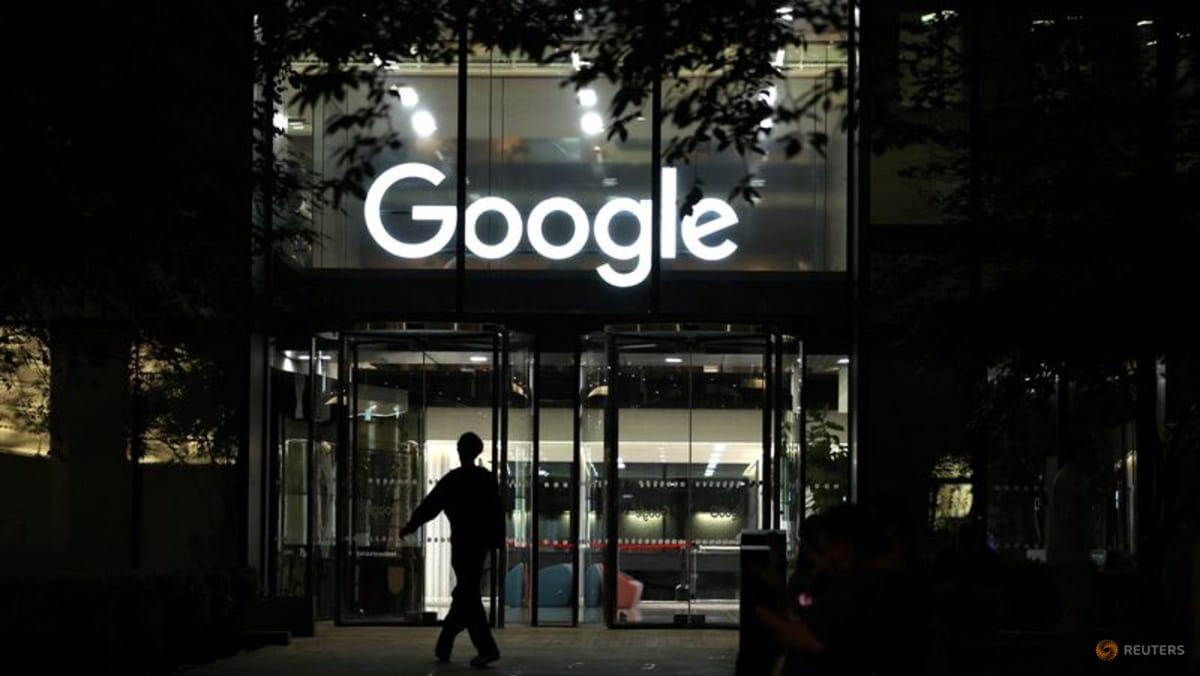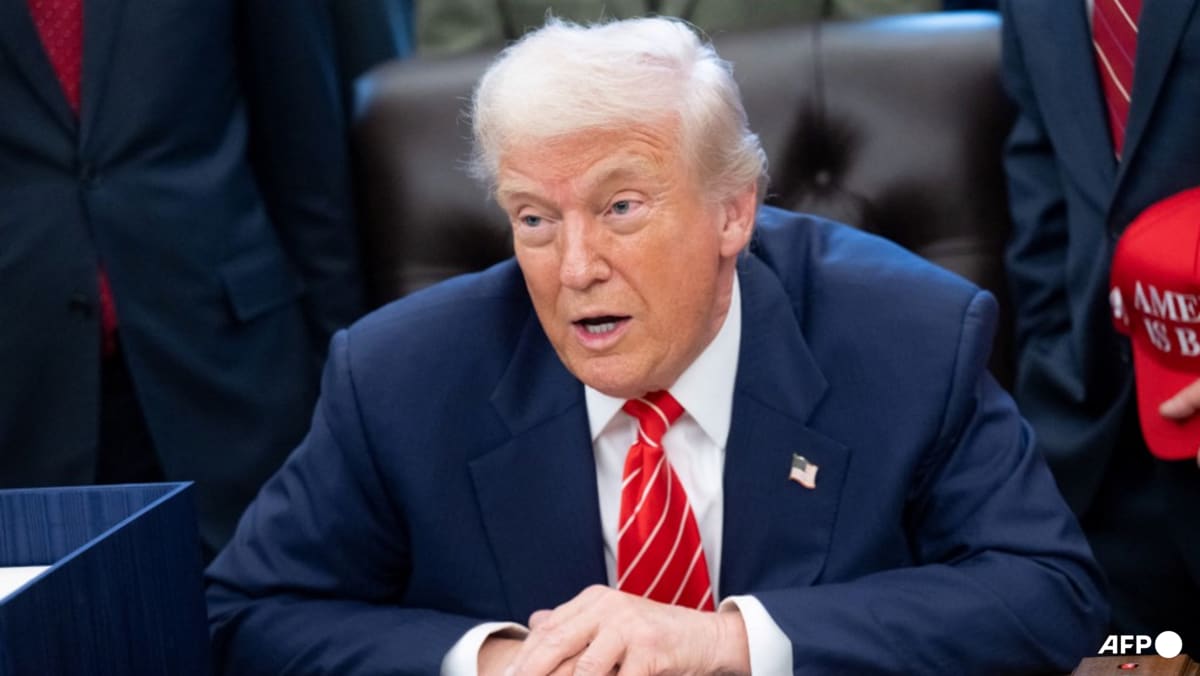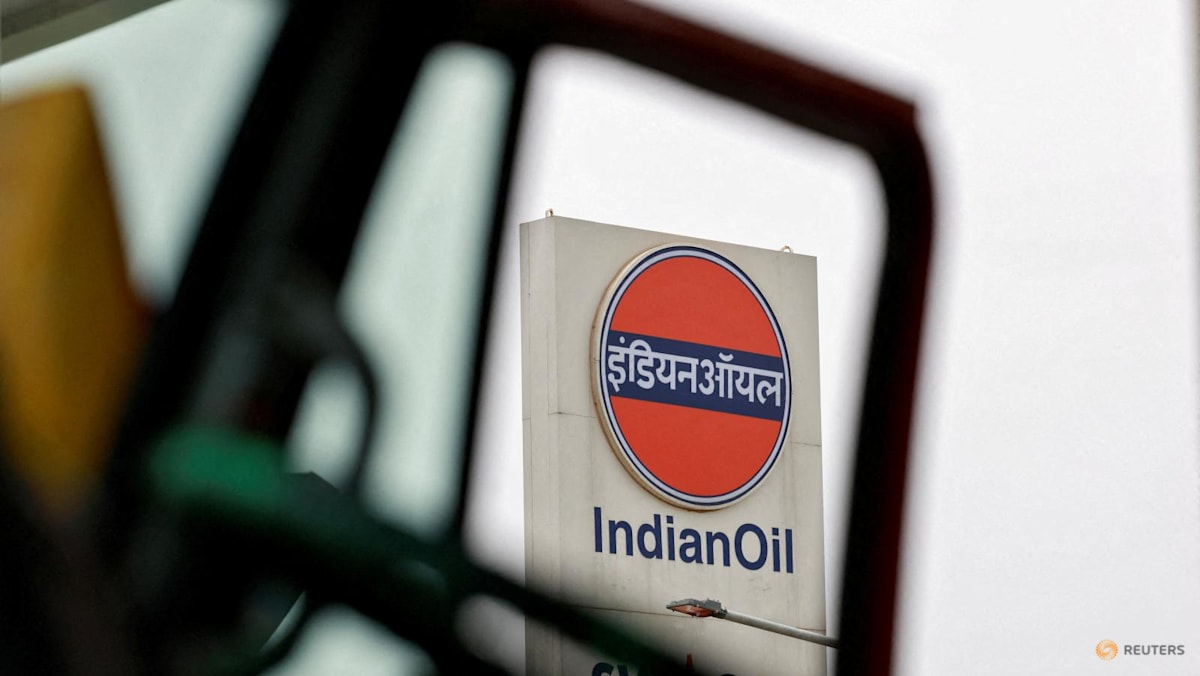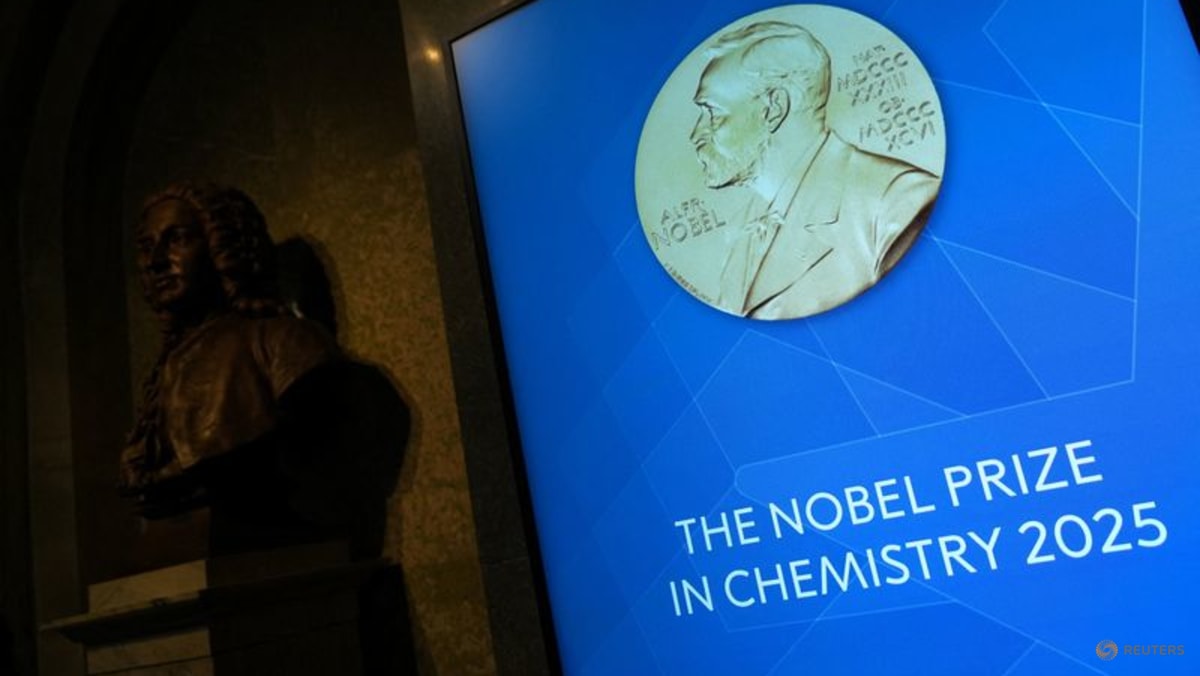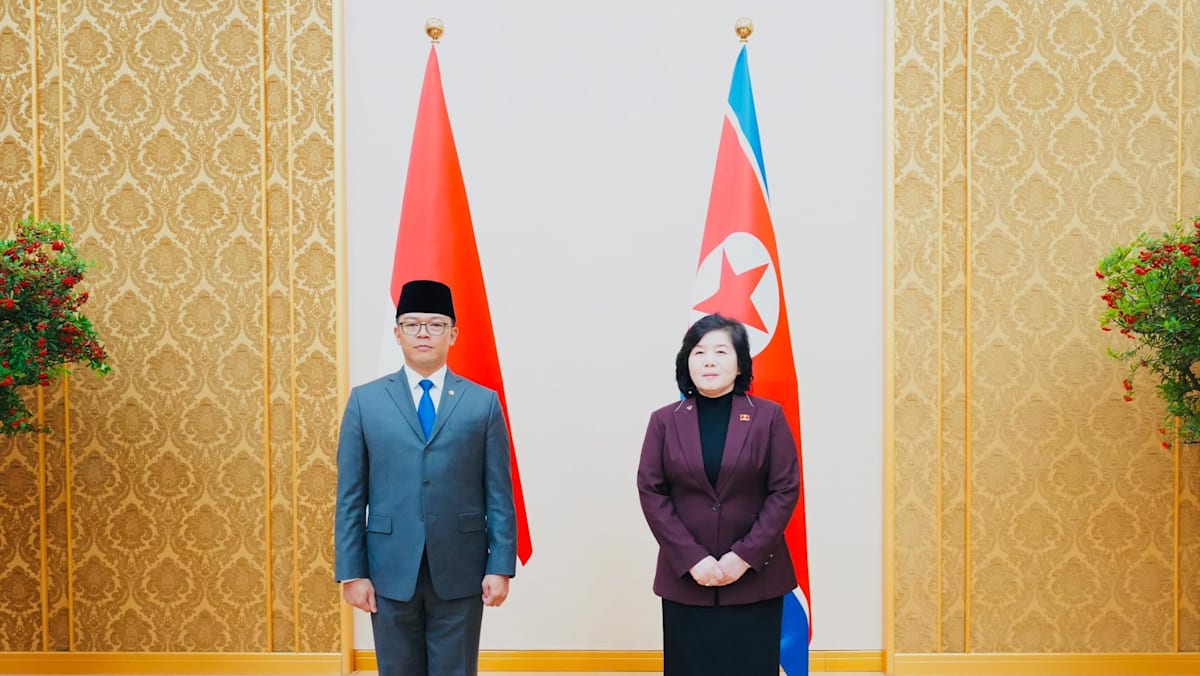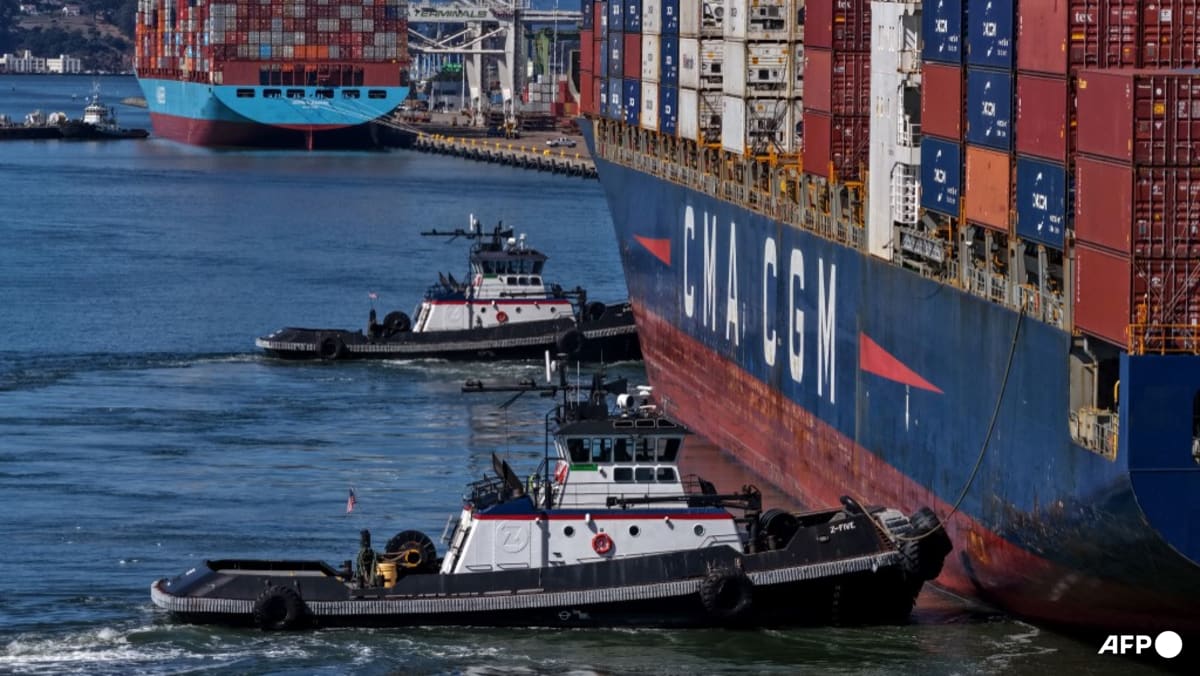With Britain’s next general election potentially years away, polls suggest Prime Minister Keir Starmer's administration is swiftly losing ground.
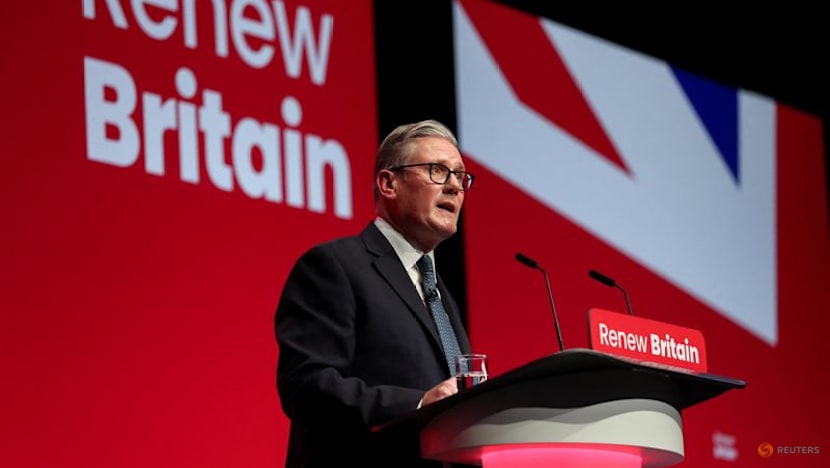
British Prime Minister Keir Starmer delivers his keynote speech at Britain's Labour Party's annual conference in Liverpool, Britain, September 30, 2025. REUTERS/Hannah McKay
New: You can now listen to articles.

This audio is generated by an AI tool.
LONDON: Barely a year into government, Britain’s Labour Party is already facing a steep decline in popularity, with polls suggesting Prime Minister Keir Starmer’s administration is swiftly losing ground.
Labour swept to power in July last year on promises of stability and renewal.
But the centre-left party’s perceived failure to deliver on key voter priorities has driven public backlash, according to analysts.
“The public are telling us their three key priorities are: the economy, immigration and healthcare,” said Martin Baxter, founder and CEO of political consultancy and pollster Electoral Calculus.
“They are feeling that the Conservatives didn't deliver on those, and they're probably beginning to feel that Labour haven't delivered on those either, so they're looking for other answers at the moment.”
For a growing number of voters, those answers lie with Reform UK.
The right-wing party - led by Brexit campaigner Nigel Farage - has become the electorate’s top choice, polling at over 30 per cent.
Founded in its current form in 2021, Reform brands itself as an alternative to the traditional parties and is particularly focused on anti-immigration.
Its rise marks a historic shift in the battle lines of British politics, with immigration emerging as the new battleground issue.
LABOUR UNDER PRESSURE TO DIFFERENTIATE
At September’s Global Progress Action Summit in London, centre-left campaigners and politicians discussed how to counter their political rivals and make the case for progressive politics.
John McTernan, a political adviser to former Labour Prime Minister Tony Blair, told CNA that the current government is on the right path, but must pick up the pace and get better at differentiating itself from Reform on issues popular with the electorate.
“(It’s about) trying to sort out a way in which you have three or four issues (where) the Labour Party says: ‘This government's done these things, Nigel Farage and Reform are opposed to them. If you like these, stay with the Labour Party, stay with the Labour government’,” he said.
McTernan, a strategist with Burson, pointed to Labour’s support for Ukraine, its commitment to tackling climate change, and the introduction of digital ID cards to combat illegal migration as possible defining policies.
But even these have faced headwinds.
Support for digital IDs plummeted shortly after Starmer announced his intention to introduce them, in what has been dubbed the “reverse Midas touch”.
STARMER FIGHTS DIVISION
With limited progress on the economy, healthcare, and immigration, Starmer is trying to take on Farage by branding Labour the party of inclusion - and Reform, the party of division.
“If you say or imply the people cannot be English or British because of the colour of their skin... if you say they should now be deported, then mark my words, we will fight you with everything we have, because you are the enemy of national renewal,” Starmer declared in a fiery speech at the Labour Party conference two weeks ago.
Farage dismissed Starmer’s remarks as political rhetoric, saying it was a “desperate last throw of the dice” from a prime minister in “deep trouble”.
“(He is) a prime minister who can’t even command the support of half of his own party. But I am sorry to say I now believe that he is unfit to be the prime minister of our country,” Farage added.
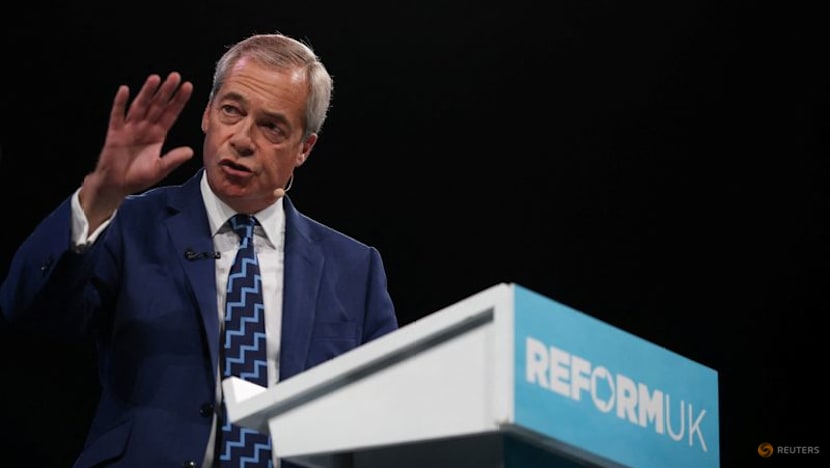 Britain's Reform UK Party leader Nigel Farage addresses the audience at Reform's national conference in Birmingham, Britain, September 5, 2025. REUTERS/Phil Noble
Britain's Reform UK Party leader Nigel Farage addresses the audience at Reform's national conference in Birmingham, Britain, September 5, 2025. REUTERS/Phil Noble
However, Reform remains small in the national parliament. It holds just five out of 650 seats and has only 4 per cent of the country’s local councillors.
Because of this, predictions of Reform leading the next government might be premature, said analysts.
“They’re a new young party and they have yet to be tested over the long term. Labour might recover,” cautioned Baxter from Electoral Calculus.
“They might start delivering on the issues that count for the British public, or things might remain the same or get worse for Labour. We just don't know,” he added.
CONSERVATIVES ON THE SIDELINES
Meanwhile, the Conservative Party - which most recently governed Britain for 14 years - now finds itself sidelined, with several former members defecting to Reform.
At the recent Tory Party Conference, leader Kemi Badenoch declared a hard stance on migration, proposing a new deportation force to deport thousands of illegal immigrants each year.
This was an effort seen both as a bid to reclaim relevance and to prove the party can still wield influence in the immigration debate.
With the next general election due at the latest in 2029, Britain’s political landscape remains in flux.
But Reform’s rapid rise has made one thing clear - the country’s traditional party order is under serious strain.


